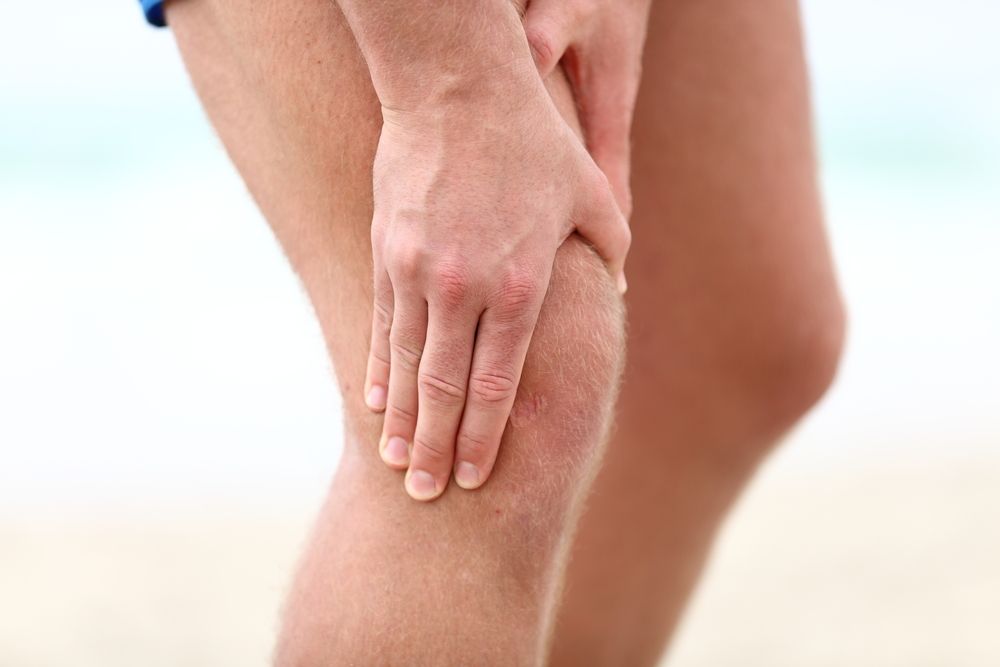Popular Supplement Doesn't Help with Knee Pain

For people with knee osteoarthritis, taking the supplement glucosamine may not decrease the loss of knee cartilage or pain, at least in the short term, a new study finds.
The study involved about 200 people with mild to moderate knee pain that is common among those with knee osteoarthritis. Participants were randomly assigned to drink either a glass of lemonade containing glucosamine, or plain lemonade (a placebo), every day for six months. Neither the participants nor the researchers knew which treatment the participants received.
At the end of the study, participants who took glucosamine were just as likely as those who took the placebo to experience loss of knee cartilage. There was also no difference in the amount of pain people in each group reported. [Wishful Thinking: 6 'Magic Bullet' Cures That Don't Exist]
Osteoarthritis is a condition in which cartilage between the joints wears down over time, which can cause pain and joint stiffness. Because there are no approved drugs to stop progression of osteoarthritis, people with the condition often turn to alternative therapies, and glucosamine is the second most common non-vitamin used among people with joint pain and arthritis, the researchers said. A 2007 Gallup poll found that more than 10 percent of American adults say they use glucosamine.
However, studies on the effect of glucosamine on osteoarthritis have been mixed, with some studies finding that it reduces pain and cartilage loss and other studies showing no benefit.
Most previous studies have used X-rays to evaluate cartilage damage, but X-rays are not able to show cartilage directly (rather, they show the spaces within the knee joint), the researcher said. In the new study, researchers used magnetic resonance imaging (MRI), which allows researchers to directly view the cartilage.
It's possible that people with more severe pain from osteoarthritis may have a different result from that seen in the study, the researchers said. The study also did not look at the effect of chondroitin, another supplement that is often taken with glucosamine.
Sign up for the Live Science daily newsletter now
Get the world’s most fascinating discoveries delivered straight to your inbox.
The study, conducted by researchers at the University of Arizona, was funded by the Beverage Institute for Health & Wellness, The Coca-Cola Co. and the National Institute of Arthritis, Musculoskeletal and Skin Diseases. It is published today (March 11) in the journal Arthritis & Rheumatology.
Follow Rachael Rettner @RachaelRettner. Follow Live Science @livescience, Facebook & Google+. Original article on Live Science.

Rachael is a Live Science contributor, and was a former channel editor and senior writer for Live Science between 2010 and 2022. She has a master's degree in journalism from New York University's Science, Health and Environmental Reporting Program. She also holds a B.S. in molecular biology and an M.S. in biology from the University of California, San Diego. Her work has appeared in Scienceline, The Washington Post and Scientific American.












